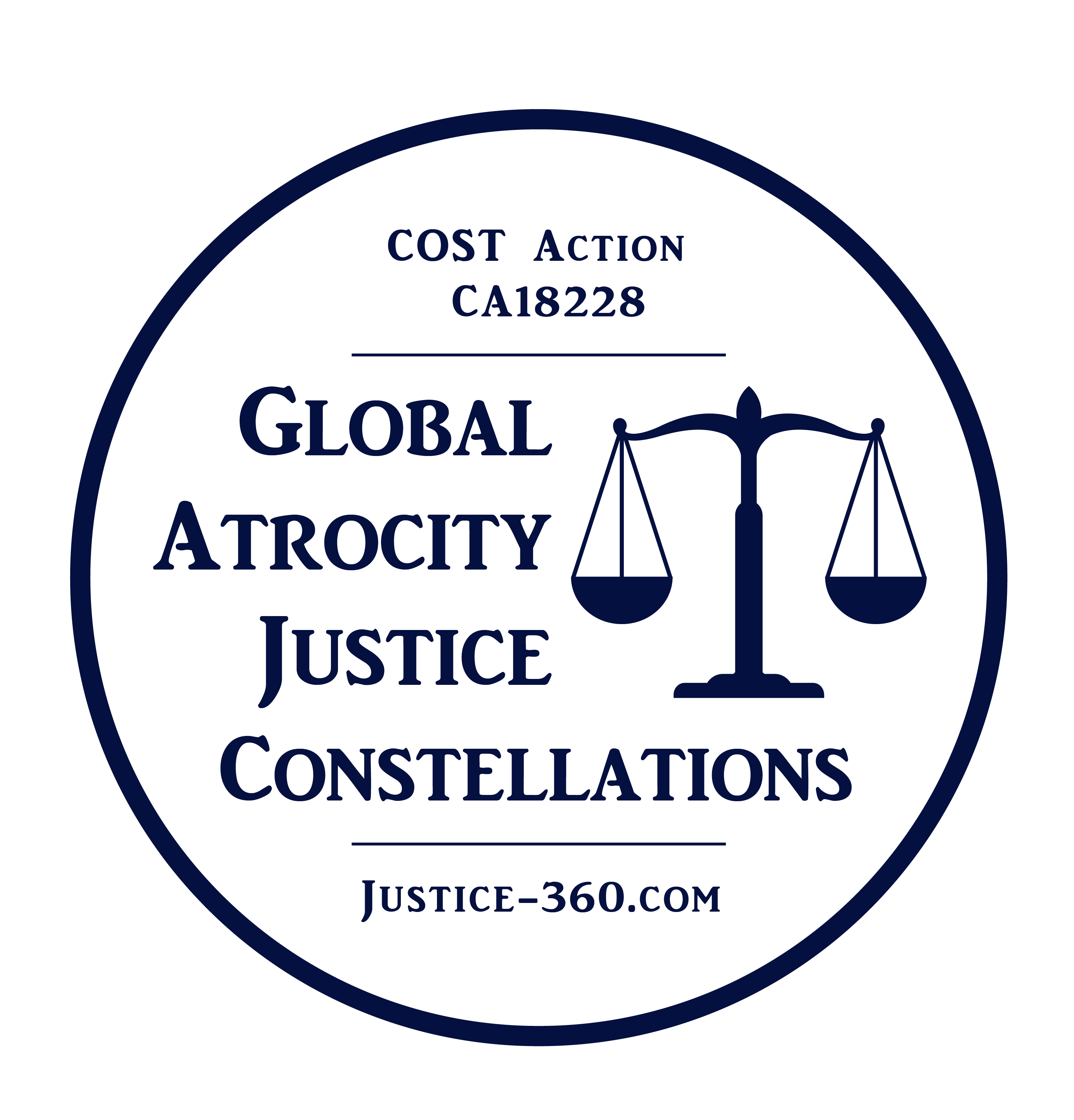Is International Criminal Justice Enough? Reconciliation and Justice After Mass Violence
14.12.2021; Dr. Kjersti Lohne, Dr. Marieke de Hoon
This commentary focuses on the role and contribution of international criminal justice to reconciliation and peacebuilding. In addressing the International Criminal Court’s (ICC) legitimacy challenges as well as the high hopes accredited to the Court by the international human rights movement, we argue that criminal justice must be complemented by other transitional justice mechanisms to better offer a holistic approach to peacebuilding and justice after mass violence.
Afghanistan, the US and the jurisdiction of the International Criminal Court
23.11.2020; Ms. Katerina Karaterzi, Mr. Alexandros Kyriakidis
The jurisdiction of the ICC indeed remains a subject of controversy, both politically and theoretically, as it doubtlessly touches on really sensitive issues of international law and state sovereignty. This is reflected on the US resistance in recognizing the ICC’s jurisdiction, but also on the relevant scholarship, in which competing theories over the ICC’s jurisdictional basis can be found.
Traversing and Reinforcing Borders in the Pursuit of Justice in Rwanda
15.9.2020; Dr. Nicola Palmer
On 31 August 2020, Paul Rusesabagina bordered a plane in Dubai and was flownto Kigali to face charges including terrorism, arson, kidnapping and murder. In May this year, former businessman and genocide suspect Félicien Kabugawas arrested in a flat on the outskirts of Paris and is currently in the custody of the Mechanism for International Criminal Tribunals in The Hague. Two months later, the French opened preliminary investigations into Aloys Ntiwiragabo based on allegations of his involvement in the 1994 Genocide against the Tutsi, prompting the Rwandan government to issue an arrest warrant and request his extradition.
Virus and Terrorism
13.4.2020; Prof. Mark Drumbl, Dr. Sunčana Roksandić Vidlička
We panic and we resort to previously unheard of measures. These measures while understandable and necessary in the here and now require close scrutiny. They need to be seen as temporary derogations and not sweeping determinations. We need to be prepared for the world that will come once COVID-19 painfully sweeps through and finally exits. We need to be mindful and vigilant that state authoritarianism does not evoke ‘protecting the public safety’ to invoke coercive measures not tailored to the pandemic but instead fueled by repressive ulterior motivations.
'Images and Imageries' of the International Criminal Tribunal for the Former Yugoslavia in Bosnia and Herzegovina
9.4.2020; Assoc. Prof. Barbora Holá, Mr. Mirza Buljubašić
How have the media and political elites in Bosnia and Herzegovina been ‘colouring’ the images of the ICTY in Bosnia (and beyond) and how have these evolved over time? The media reporting seems to have evolved from the initial indifference towards the ICTY and scepticism towards its judicial capabilities, largely shared among all ethnic groups, to its increased relevance in public space, expressed, however, by an increasing criticism of the Tribunal’s activities, largely divided along ethnic lines, and seemingly ‘schizophrenic’ portrayals of the ICTY fluctuating over time.
Denmark and the fight against international crimes: From international investments to bureaucratic marginalization.
2.4.2020; Prof. Mikkel Jarle Christensen
At present, the political and institutional preferences are not supportive of international criminal justice as a priority in Danish system. When international criminal law reaches the national border and comes into conflict with other policies or bureaucratic practices, it is considered an irritant and is devalued accordingly. The Danish criminal justice system is formally ready to build cases on international crimes, but would strongly prefer not to.
The Justice-360 Project: Investigating International Criminal Justice as Seen from States.
25.3.2020; Prof. Mikkel Jarle Christensen, Dr. Fátima da Cruz Rodrigues, Assist. Prof. Sunčana Roksandić Vidlička, Assoc. Prof. Barbora Holá, Dr. Andy Aydın-Aitchison, Dr. Kjersti Lohne, Dr. Sergey Vasiliev.
Since the creation of the International Criminal Tribunal for the former Yugoslavia (ICTY) in 1993, scholarship on international criminal justice has been preoccupied with the functions, context and impact (or lack thereof) of such institutions. For most scholars and commentators, these institutions have been the focal point of interest and main objects of investigation. Instead of taking the courts and tribunals as its object, this COST Action brings together researchers to work on how different countries perceive and handle international crimes, perpetrators and victims.
Teaching transitional justice after conflict and terror: Cases of Kosovo and Norway
29.1.2020; Prof. Kristin Bergtora Sandvik, Dr. Kjersti Lohne
The post-violence contexts of Kosovo and Norway are very different. We suggest that if imagined and articulated correctly, the juxtaposition between violent conflict and violent extremism opens a space for critical discussions about citizenship, belonging and the imagination of the nation-state as inclusive, accountable—and just. After all, education is of significant structural and societal importance as a site of justice and injustice alike, and as such, carries potential as both a key form and site of reparation and transition.
